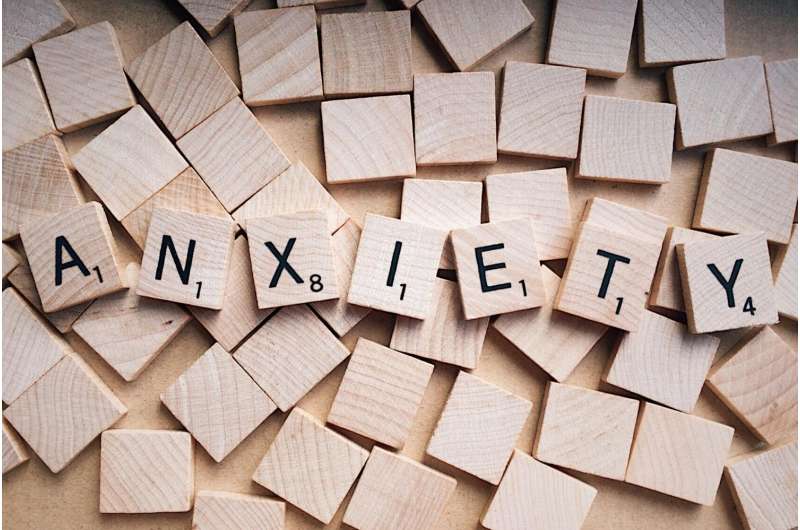New research examines long-term anxiety in pediatric brain tumor survivors

A new study compared the risk of anxiety and depression several years after the successful treatment of brain tumor relapse versus clinically significant psychosocial impairment in adolescents and young adults who did experience relapse during the ensuing years. The proportion of survivors of a relapse who were identified as clinically anxious (30.4 percent) was more than three times greater than the proportion of non-relapsed survivors who had an elevated level of anxiety (9.4 percent), according to the study published in the Journal of Adolescent and Young Adult Oncology (JAYAO), a multidisciplinary peer-reviewed publication from Mary Ann Liebert, Inc.
Candice Chow, Ph.D. and colleagues from Dana-Farber Cancer Institute, Boston, MA coauthored the article titled "Adolescent and Young Adult Brain Tumor Survivors Report Increased Anxiety Even Years After Successful Treatment for Relapse." The researchers link survivors – and relapse survivors even more so—with a persistent sense of uncertainty about the future. Contributing to this uncertainty is the ongoing need for continued and close monitoring for disease recurrence. The frequent follow-up visits and scans to check for relapse can cause anxiety. The study results indicate the need for survivors to receive not only follow-up medical care, but also integrated psychosocial assessment and intervention.
More information: Candice Chow et al. Adolescent and Young Adult Brain Tumor Survivors Report Increased Anxiety Even Years After Successful Treatment for Relapse, Journal of Adolescent and Young Adult Oncology (2018). DOI: 10.1089/jayao.2018.0053
















